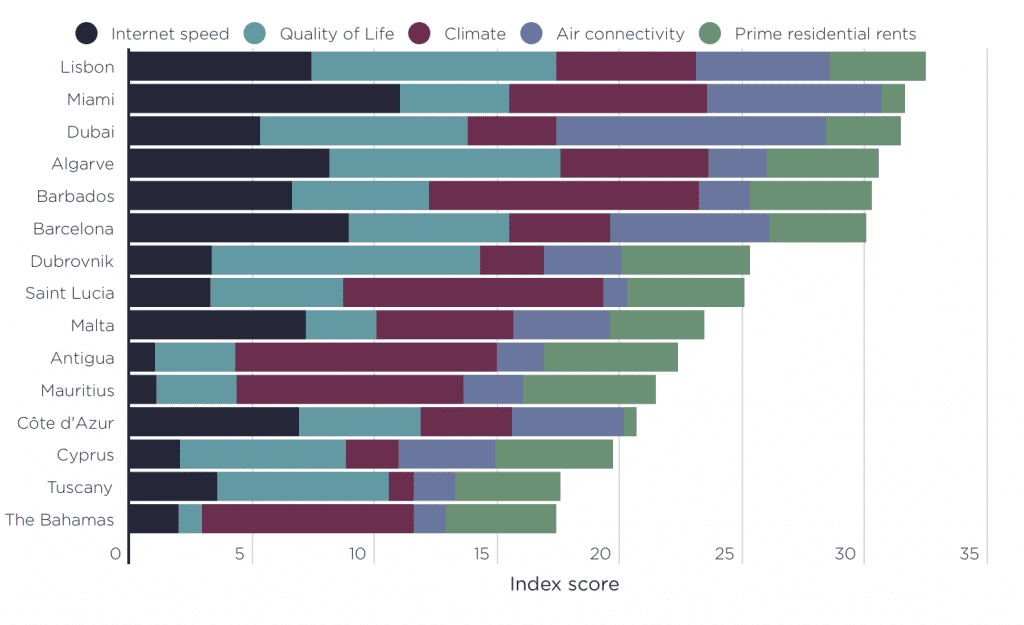This is the main event. Of course the Global Business Travel Association has held previous conferences in San Diego before at the city’s waterfront convention center — but never after such a drawn-out downturn.
The association did manage to squeeze its annual convention in last year, in Chicago, but mostly minus the European contingent who were barred from traveling to the U.S.
So it’s back at full pace, with an expected 4,500 delegates here over Aug. 14-17 (down on the usual pre-pandemic 7,000, but this year organizers claim 1,000 buyers.) The mood is mostly optimistic, with delegates surprised at just how little airline and airport disruption there was, and happy to be able to network again; it’s the first time for many people in years.
But again, unlike previous conventions, has there ever been so much uncertainty about what’s ahead? There’ll be some more clarity on Monday, with the association publishing its Annual Global Report & Forecast 2022-2026.
In the meantime, here’s a few questions.
Is This Still a $1.4 Trillion Industry? This was the amount spent globally on business in travel in 2019. That figure is still quoted by travel companies in presentations and still seen as a universally accepted benchmark. But it’s time to update that. The real answer is no one really knows, not just because the pandemic disrupted travel over the past couple of years, but because it’s yet to settle down into measurable patterns, thanks to that hard-to-define mix of business and leisure travel, remote working and “company retreats.” It may take years.
Spending was forecast to have halved to $694 billion in 2020, based on its 2021 release of the Outlook, with slow growth until recovering to above more than $1.4 trillion in 2025.
The fact is it could be way more than $1.4 trillion. We’ll have some more concrete figures when we get our hands on the 2022-2026 forecast, published Rockford Analytics, on Monday. In particular it will be interesting to see the methodology. Which links to the next question…
Is a Recession Coming or Not? This convention brings together suppliers and travel buyers. It’s the ideal setting to test the mood regarding future booking levels. In a recession, marketing and travel tend to get cut the deepest. So how are those forward bookings looking? Are the tech companies, who are already slowing or freezing hiring, cutting back further on travel spend? How are budgets shaping up? Airlines and hotels may be reluctant to share such information, but corporate buyers may have some clues. Of the 1,000 travel buyers in attendance, they’re representing 555 companies, of which 324 are new for this year’s convention.
Will Company Retreats Go Mainstream in 2023? With remote working and vacant offices a fast-growing trend in 2022, will offsites, onsites, retreats and the like make up for any shortfall in traditional business travel. Pampering retreats don’t come cheap for the more global organizations, so offer airlines a valuable source of revenue. The internet is rife with LinkedIn-style guidance on how they should run their retreats, and how often, but hopefully travel managers from the bigger firms like Cisco and PayPal who are gathering over the coming days in San Diego will offer some clarity.

